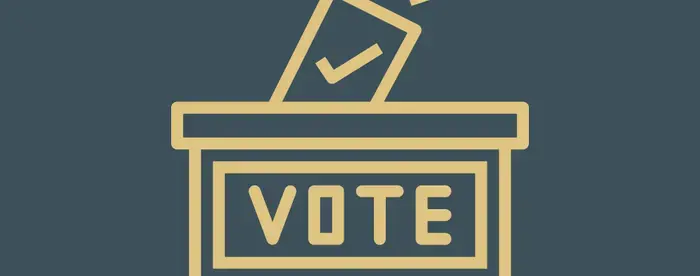These resources, from the Gilder Lehrman Institute and partners in the Civics Renewal Network, may be useful for students and teachers in conjunction with material produced for The Right to Vote project.
For some of these links, you may need to be a subscriber on our site. To log in or start the subscription process, please click here. If you are a K–12 educator who has not yet claimed your free subscription to History Now or Book Breaks, please visit History Now and Book Breaks to subscribe. Note that access to our site is free for K–12 students and teachers in our Affiliate School Program.
Historical Scholarship on Voting Rights

The Right to Vote in the Gilder Lehrman Book Shop
The Institute has selected recent scholarship on voting available on our through our Book Shop page on Bookshop.org.
By purchasing any of the books mentioned through the links provided, you are helping to support the programming of the Gilder Lehrman Institute. We receive an affiliate commission from every sale and put that money to work to develop high-caliber American history programming.
Book Breaks
Many of the scholars in this list were also featured in our Book Breaks series. Book Breaks is completely free for Affiliate School K–12 teachers and students, college students, and college faculty; members of the general public can purchase a one-year subscription for weekly live programs and the archive of more than 100 conversations with American history scholars, including these programs:
- Akhil Reed Amar on The Words That Made Us: America’s Constitutional Convention, 1760–1840
- Keisha N. Blain on Until I Am Free: Fannie Lou Hamer’s Enduring Message to America
- Alexander Keyssar on Why Do We Still Have the Electoral College?
- Martha S. Jones on Vanguard: How Black Women Broke Barriers, Won the Vote, and Insisted on Equality for All
Additional Videos from the Gilder Lehrman Institute
Self-Paced Courses
For a deeper dive into the history of voting, elections, and reform, the following Gilder Lehrman Self-Paced Courses may be particularly useful:
- African American History since Emancipation, led by Peniel Joseph, University of Texas at Austin
- Black Women’s History, led by Kellie Carter Jackson, Wellesley College
- Conflict and Reform: The United States, 1877–1920, led by Michael Kazin, Georgetown University
- Democracy in the Early Republic, led by Andrew W. Robertson, Lehman College and The Graduate Center, CUNY
- The 1960s in Historical Perspective, led by Michael Flamm, Ohio Wesleyan University, and Michael Kazin, Georgetown University
- The Life and Writings of Frederick Douglass, led by David W. Blight, Yale University
- Race and Rights in America, led by Lucas Morel, Washington & Lee University
- The Revolutionary Lives of Malcolm X and Martin Luther King, Jr., led by Peniel Joseph, University of Texas at Austin
- The Supreme Court and the Constitution in the 20th Century, led by Melvin Urofsky, Virginia Commonwealth University
- Voting and Elections in American History, led by Allan J. Lichtman, American University
- Women and Gender in 19th-Century America, led by Stephanie McCurry, Columbia University
- Women and Politics in 20th-Century America, led by Linda Gordon, New York University
Civics Renewal Network Resources
The Civics Renewal Network is a consortium of more than thirty nonprofit, nonpartisan organizations committed to strengthening civic life in the United States by increasing the quality of civics education and improving access to high-quality, no-cost educational materials for teachers, students, and interested citizens.
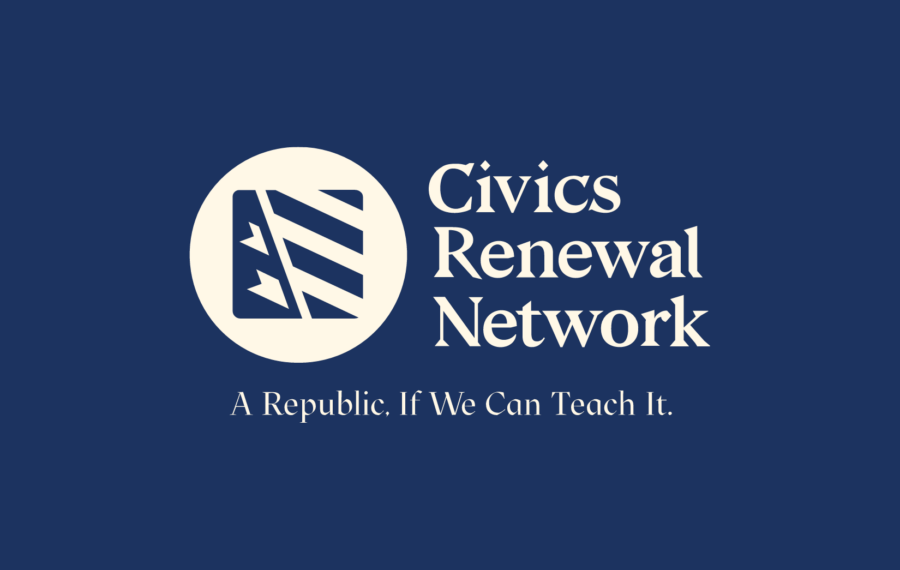
Street Law: Legal Timelines
As part of their Legal Timelines series, Street Law has produced Suffrage: A Legal Timeline of Voting Rights. Explore the history of voting rights in the United States, from its early influences to constitutional amendments and landmark Supreme Court cases.
Center for Civic Education: Teaching the Midterms
In 2022, the Center for Civic Education produced Teaching the Midterms, a trove of teaching resources on voting and elections.
Selected Podcasts from Civics101
The following episodes from New Hampshire Public Radio’s Civics101 series may be particularly useful in understanding voting and federalism.
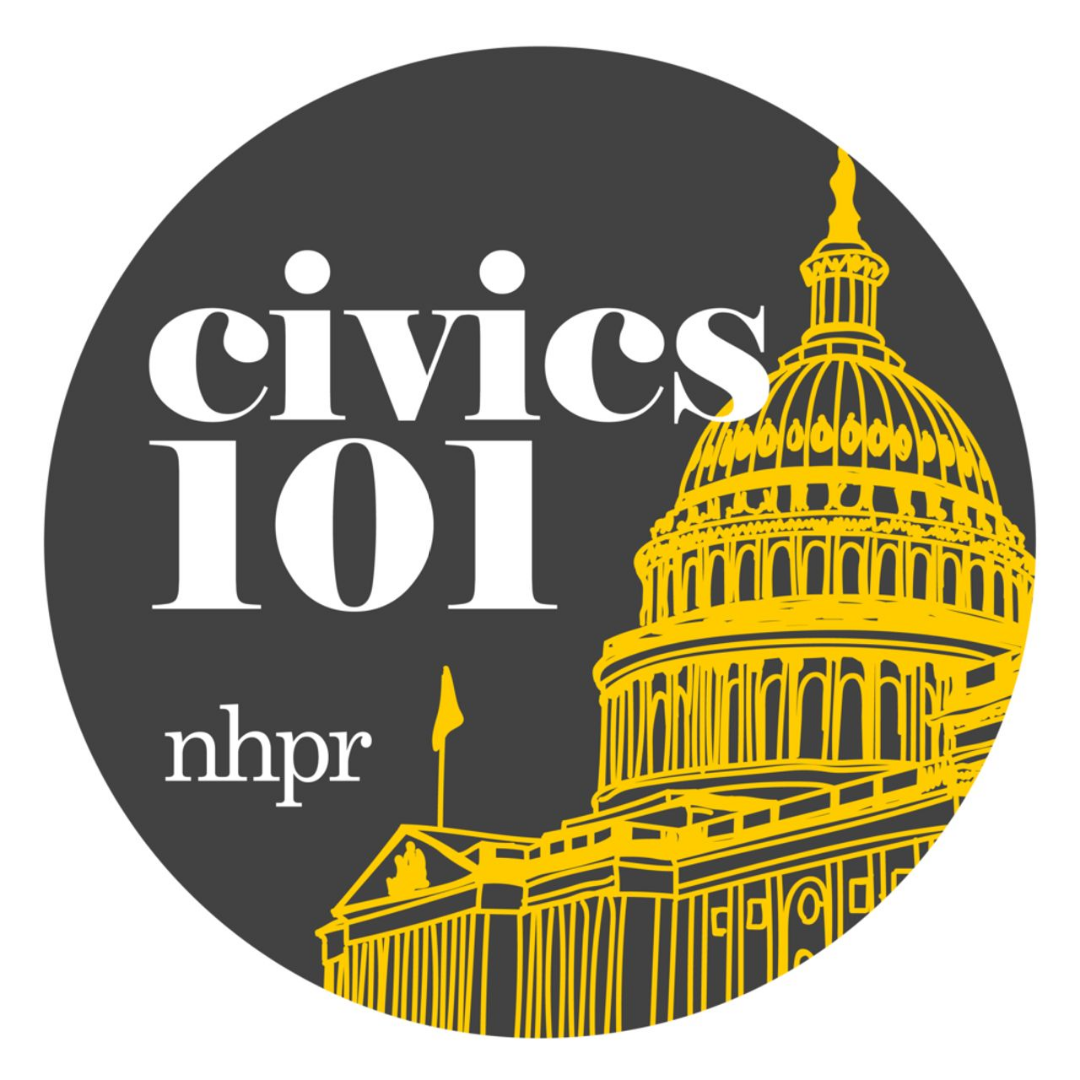
Games and Resources from iCivics
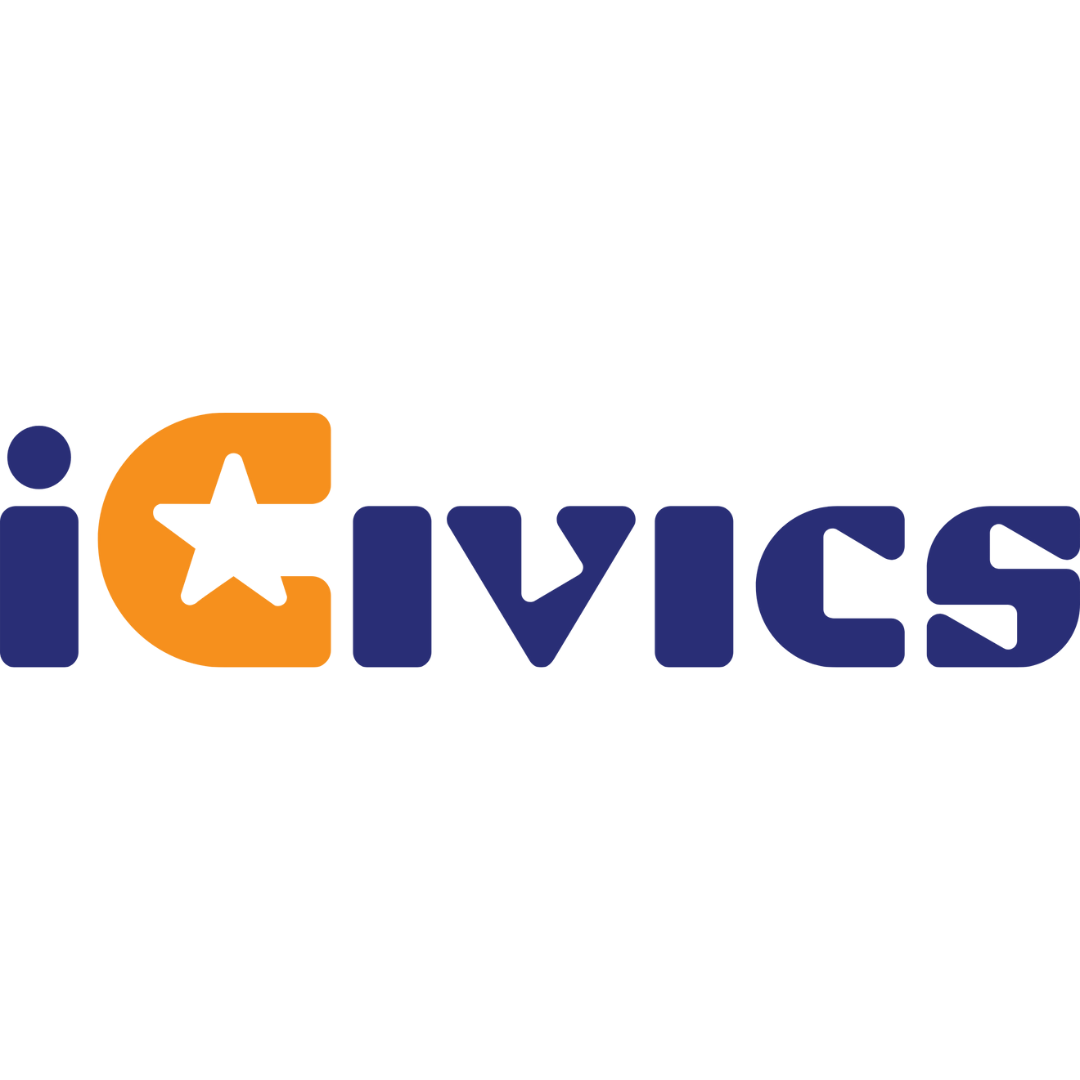
iCivics’s first-of-its-kind digital civic library includes more than 260 curricular resources, digital literacy tools, professional learning materials, and educational video games. Here are just a few of the organization’s lesson plans, videos, infographics, and games related to voting:
Games
Lesson Plans and Teaching Resources
A free iCivics account may be needed to access these resources.
- Voting: Will You Do It?
- The Spectrum of State Election Laws
- The Voting Rights Act of 1965
- Woman Suffrage and World War I
- A Movement in the Right Direction
- Movement & Action: The Women’s Suffrage Movement
Videos
Lesson Plans and Videos from RetroReport
Through more than 250 short videos connecting history to today, RetroReport in the Classroom resources shed further light on historical antecedents to contemporary issues. These four resources connect to the history of voting in the United States:
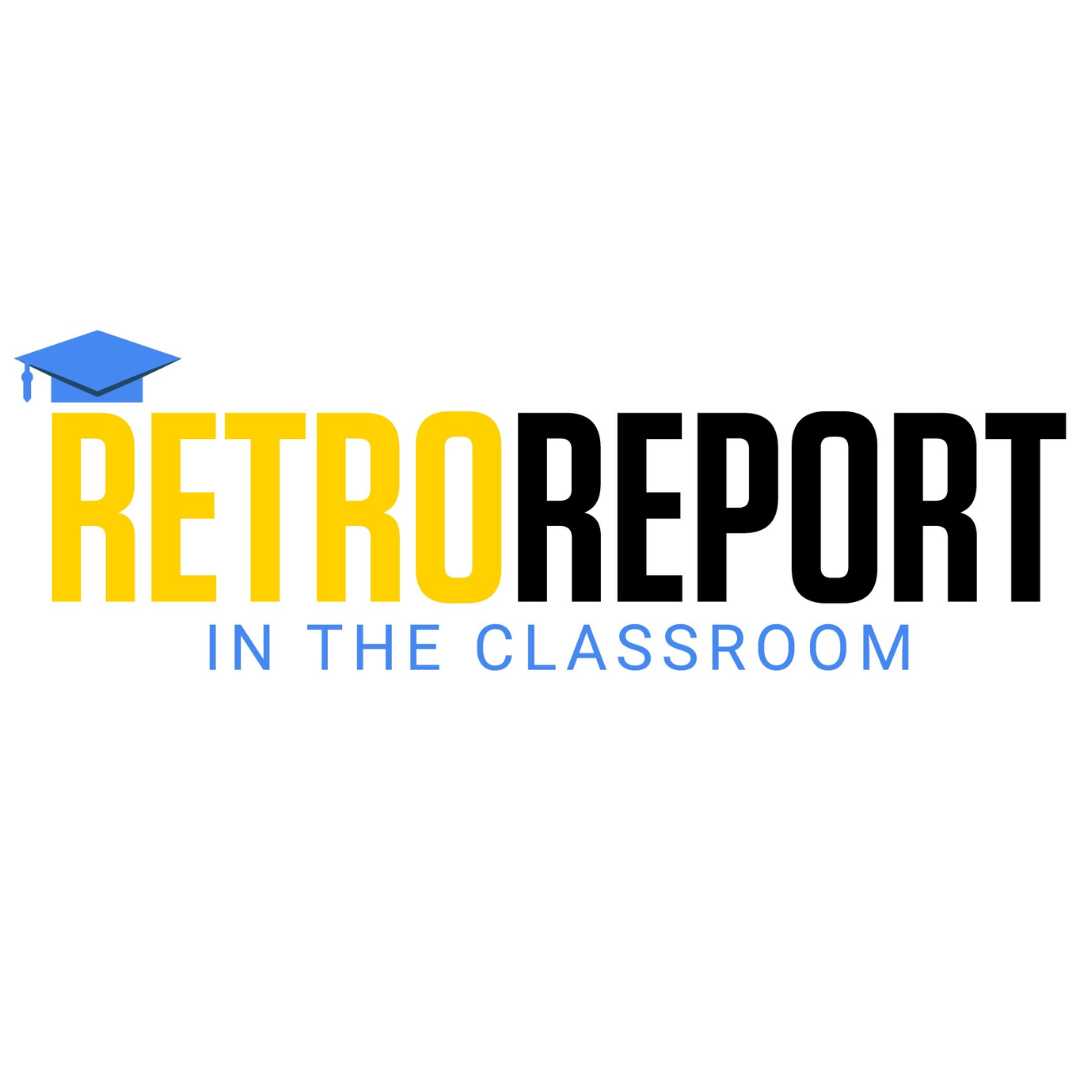
Lesson Plans from EDSITEment

EDSITEment is a partnership between the National Endowment for the Humanities and the National Trust for the Humanities.
EDSITEment offers free resources for teachers, students, and parents searching for high-quality K-12 humanities education materials in the subject areas of history and social studies, literature and language arts, foreign languages, arts, and culture. Here are three EDSITEment resources that can further support The Right to Vote resource suite:
Additional Resources
- When Women Lost the Vote: A Revolutionary Story, 1776–1807, from the Museum of the American Revolution
- Rigged: The Voter Suppression Playbook, from the American Issues Initiative
